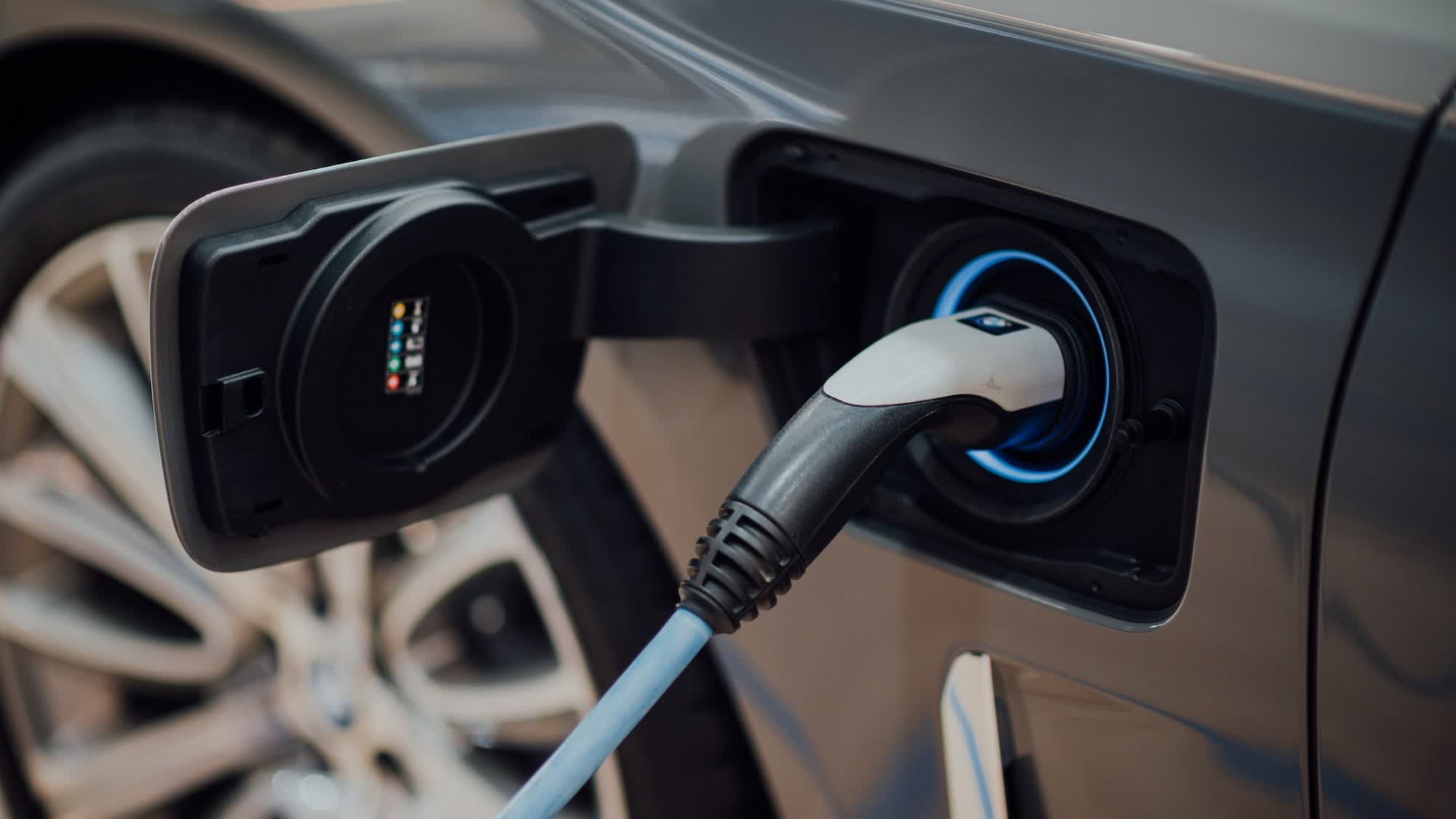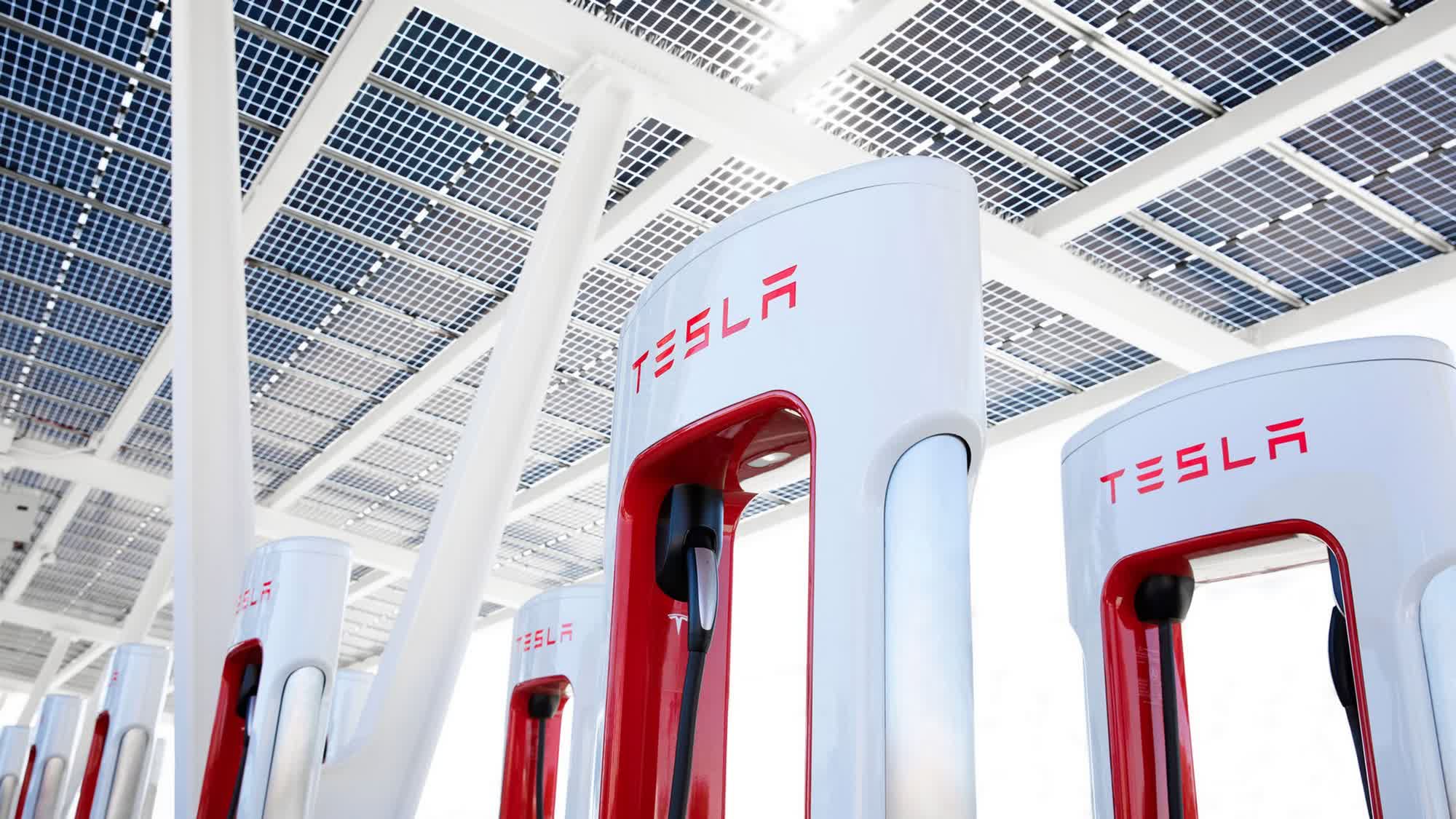What just happened? London-based oil and gas company BP has announced that it has signed a deal with Tesla to buy $100 million worth of EV chargers, marking the first time Tesla's DC fast-charging hardware is being purchased on a large scale by another company for deployment in a third-party charging network. The agreement is part of BP's plans to invest up to $1 billion in EV charging across the U.S. by 2030.
In a press release announcing the deal, BP said that the new chargers will be acquired by its EV charging business, named BP Pulse, which has already installed more than 27,000 charge points globally and plans to increase that to more than 100,000 by 2030. The company also said that it is buying the super-fast 250 kilowatt chargers, which are known as Superchargers in Tesla parlance. However, they will not look like traditional Tesla Superchargers, and will be branded with a 'BP Pulse' logo instead.
BP will use an in-house charge management software called 'Omega' to optimize charging at its locations. While the press release didn't reveal a great deal, The Verge is reporting that it supports a Plug-and-Charge protocol that eradicates the need for a card tap or app activation. That would make charging super easy, enabling drivers to simply pull up, plug in, and let the software take care of everything else.

BP Pulse will begin installing the Tesla Superchargers next year across its U.S. network, including at key BP, Amoco, Thorntons, and TravelCenters of America locations. Some of the chargers will also be installed at the company's Gigahub charging sites, near airports and in major metropolitan areas, as well as select third-party locations, including those operated by car rental company Hertz. The first cities where BP will install the Tesla chargers include Houston, Phoenix, Los Angeles, Chicago, and Washington D.C.
The chargers will be compatible with most EVs currently on U.S. roads, thanks to Tesla's 'Magic Dock' adapters that work not only with the company's own North American Charging Standard (NACS) connectors, but also the Combined Charging System (CCS) charging port used by most other EV manufacturers, including BMW, Daimler, Honda, Hyundai, Nissan, Polestar, Rivian, Ford, GM, and others.
